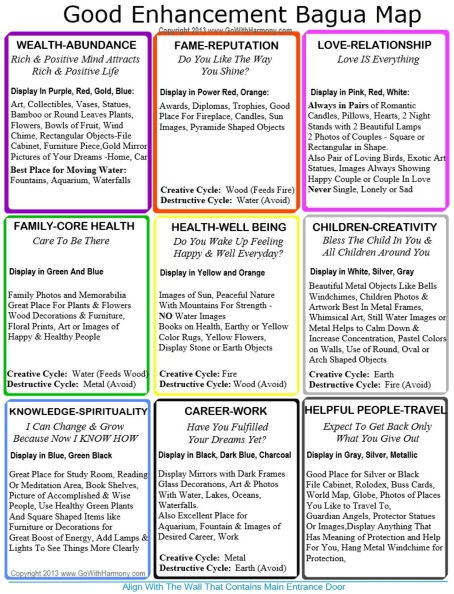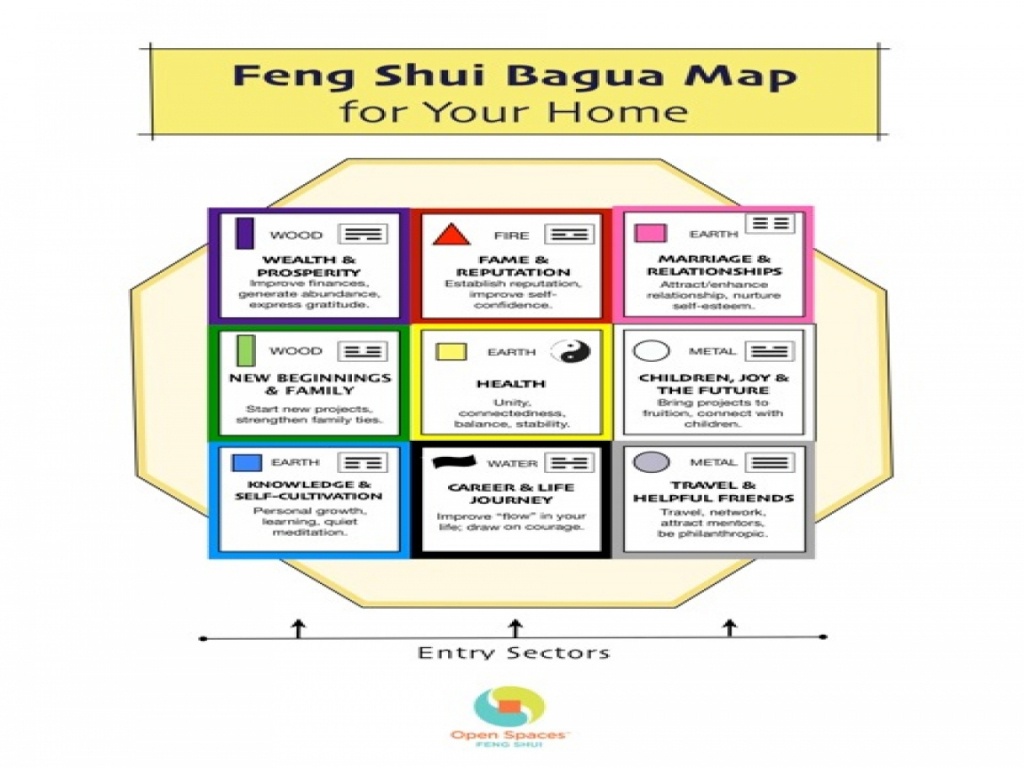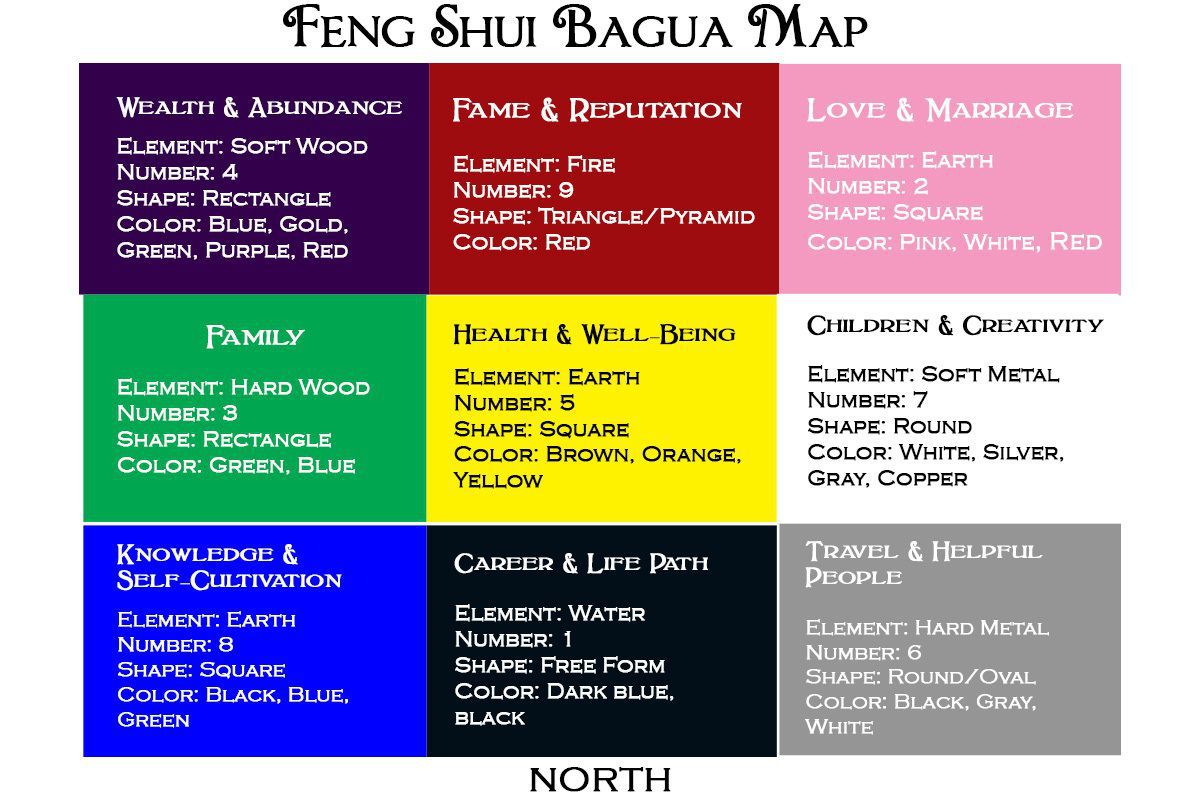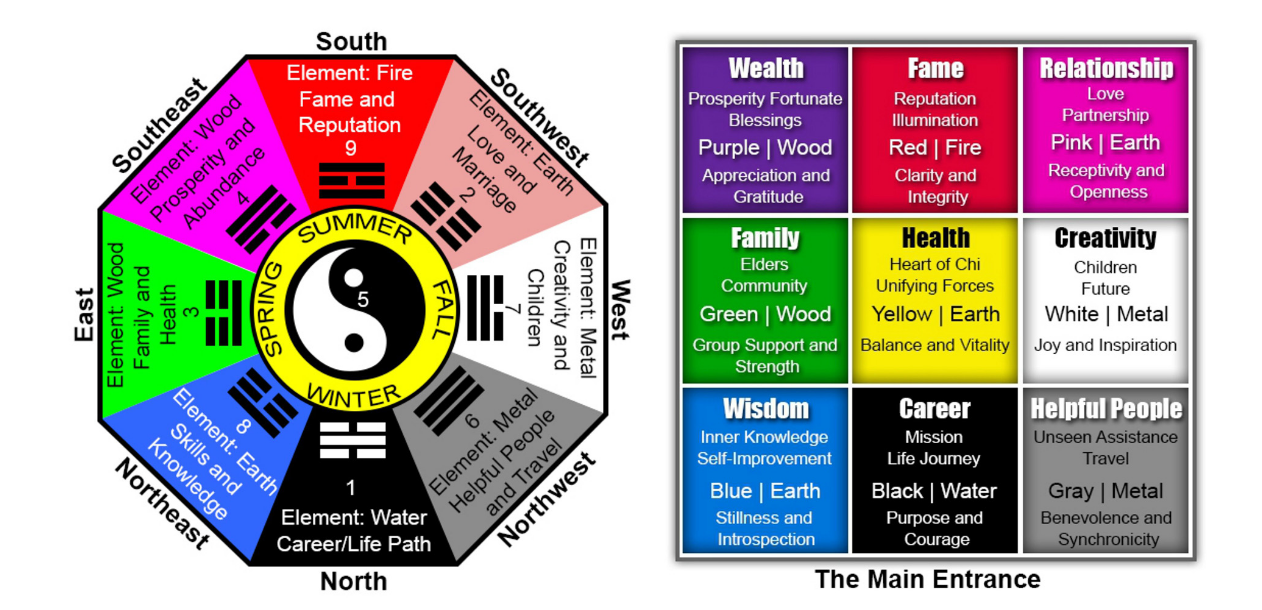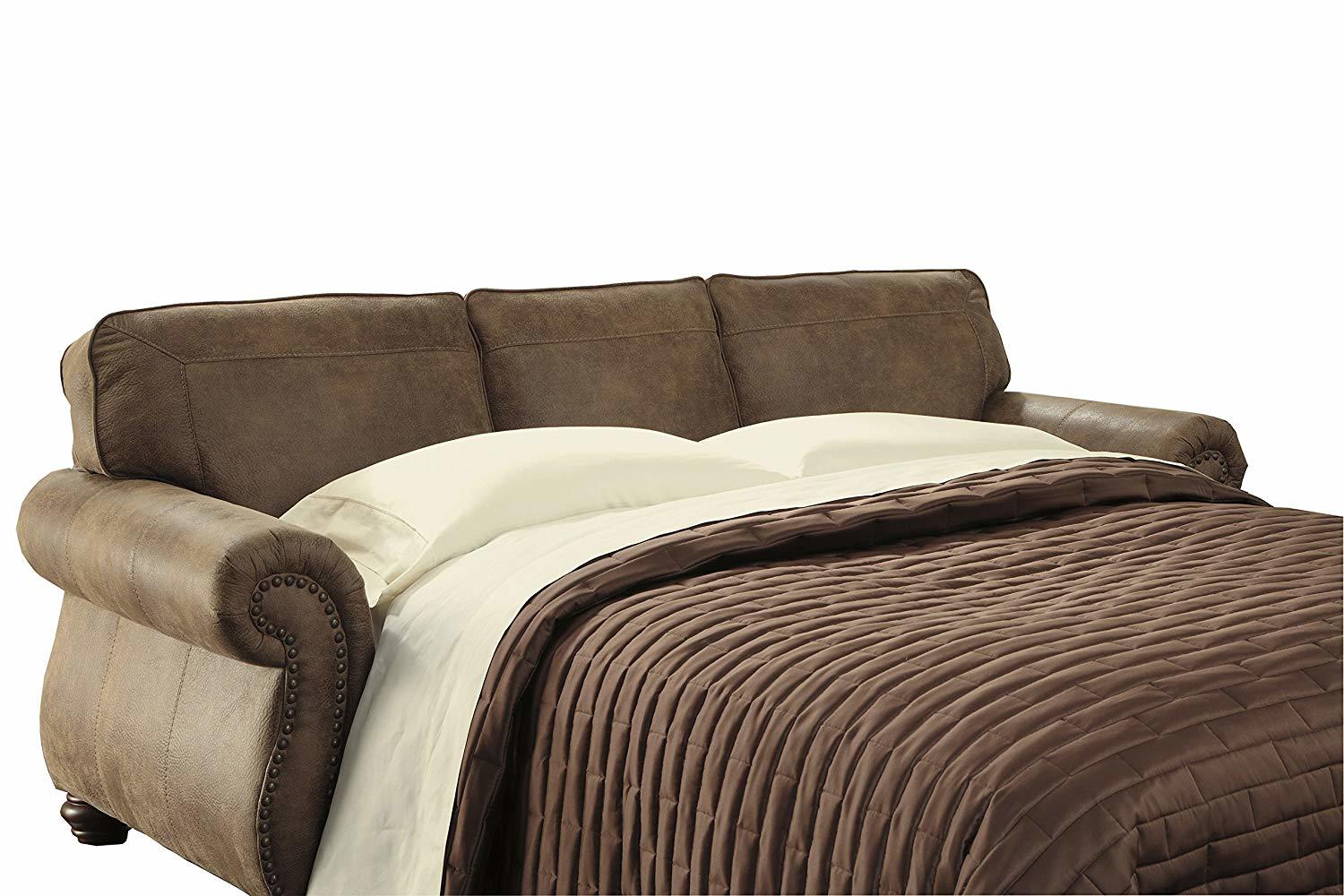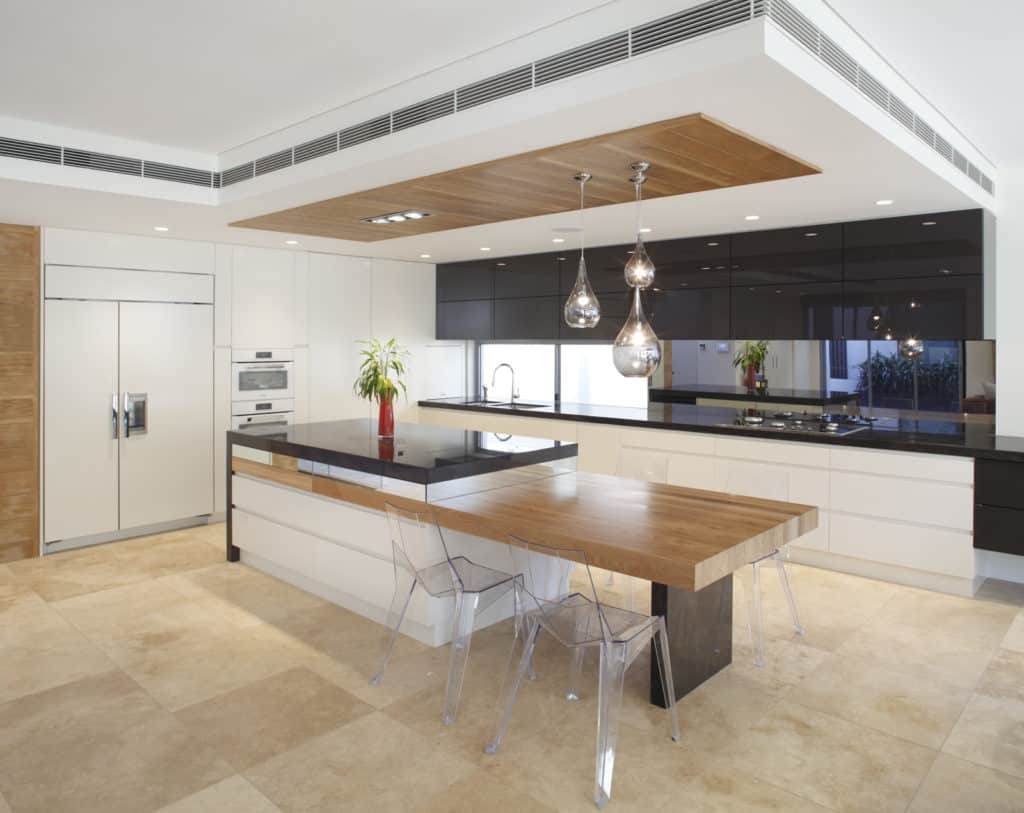If you're looking to create a harmonious and balanced living space, incorporating Feng Shui principles in your living room is a great place to start. The ancient Chinese practice of Feng Shui focuses on creating a flow of positive energy, or "chi", in your living space. Here are 10 essential rules of Feng Shui for your living room.Feng Shui Living Room Rules
Feng Shui is all about creating a space that feels balanced and comfortable. To achieve this in your living room, consider incorporating natural elements, such as plants and natural light, and decluttering your space to allow for a smooth flow of energy. Avoid sharp corners and harsh lighting, and instead opt for soft, curved shapes and warm lighting to create a welcoming atmosphere.Feng Shui Tips for Living Room
In Feng Shui, color plays a significant role in creating the desired energy in a space. When it comes to choosing colors for your living room, opt for soothing, neutral tones, such as light blues, greens, and earthy tones. These colors are believed to promote relaxation and tranquility, creating a peaceful environment in your living room.Feng Shui Colors for Living Room
The placement of furniture is crucial in Feng Shui, as it can affect the flow of energy in a space. When arranging your living room furniture, make sure to leave enough space for the chi to flow freely. Avoid placing furniture directly in front of doors or windows, and opt for a balanced layout with symmetrical furniture placement.Feng Shui Furniture Placement in Living Room
The layout of your living room can have a significant impact on the energy in the room. According to Feng Shui principles, the living room should be located in the center of the home, as it represents the heart of the household. If possible, avoid having the living room located directly above or below a bathroom, as this is believed to drain energy.Feng Shui Living Room Layout
The decor in your living room can also contribute to the overall energy of the space. Incorporate natural elements, such as wood and stone, to bring balance and grounding to the room. Avoid clutter and opt for minimalistic decor, as this allows for the energy to flow freely. You can also add personal touches, such as family photos or meaningful artwork, to make the space feel more personalized and inviting.Feng Shui Living Room Decor
Plants are an excellent way to bring positive energy into your living room. According to Feng Shui, plants represent growth and vitality, making them a perfect addition to any living space. Choose plants with rounded leaves, such as peace lilies or ferns, as they are believed to promote a flow of chi.Feng Shui Living Room Plants
Mirrors are believed to be powerful tools in Feng Shui, as they can reflect and amplify energy in a space. When it comes to mirror placement in your living room, avoid placing them directly across from the front door, as this is believed to push energy back out of the room. Instead, opt for placing mirrors on the side walls to create a sense of expansion and openness.Feng Shui Living Room Mirror Placement
The Bagua map is an essential tool in Feng Shui, as it helps to identify the different areas of your living room and how they relate to different aspects of life, such as health, wealth, and relationships. By using the Bagua map, you can determine which areas of your living room may need more attention and make adjustments accordingly.Feng Shui Living Room Bagua Map
Incorporating Feng Shui principles into your living room doesn't mean sacrificing style. There are many ways to create a beautiful and functional living room that also adheres to Feng Shui guidelines. You can incorporate elements such as natural light, plants, and balanced furniture placement, while also incorporating your personal style and design preferences. Remember, the key is to create a space that feels balanced and harmonious for you and your family.Feng Shui Living Room Design Ideas
Maximizing Space and Flow in Your Living Room with Feng Shui
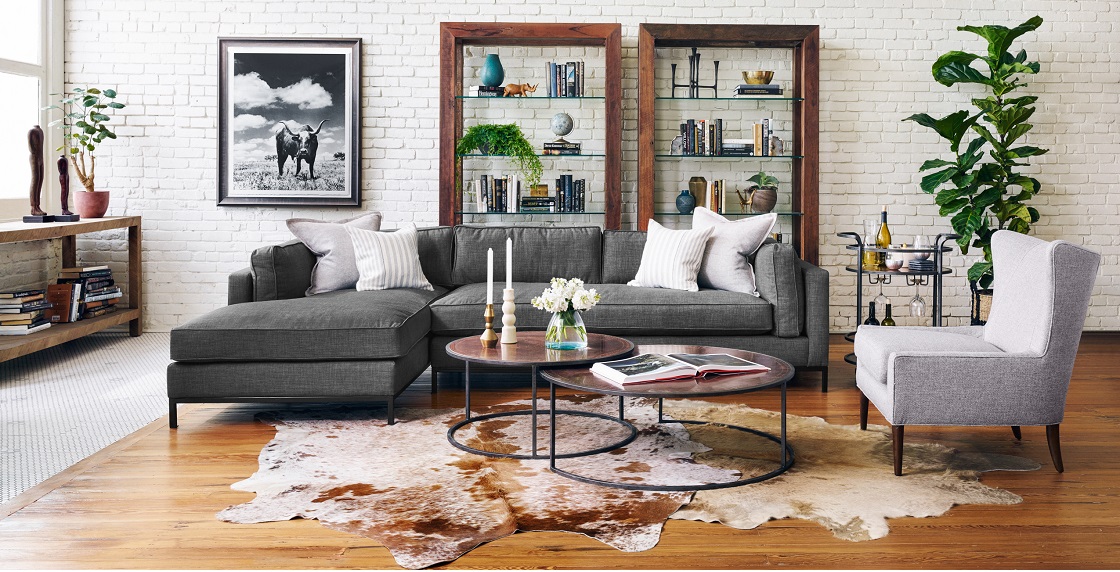 With the growing popularity of Feng Shui, many homeowners are turning to this ancient Chinese practice to create a harmonious and balanced living space. Feng Shui, which translates to "wind and water," is a philosophy that focuses on the arrangement of furniture and objects in a space to promote positive energy flow and improve overall well-being. In this article, we will discuss some key rules of Feng Shui that can help you create a peaceful and inviting living room.
With the growing popularity of Feng Shui, many homeowners are turning to this ancient Chinese practice to create a harmonious and balanced living space. Feng Shui, which translates to "wind and water," is a philosophy that focuses on the arrangement of furniture and objects in a space to promote positive energy flow and improve overall well-being. In this article, we will discuss some key rules of Feng Shui that can help you create a peaceful and inviting living room.
Clearing Clutter and Creating Space
 One of the fundamental principles of Feng Shui is to declutter and create an open and spacious living room. A cluttered room not only creates a visual distraction but also hinders the flow of positive energy. Start by getting rid of items that you no longer need or love. Then, organize your remaining belongings in a way that is both functional and aesthetically pleasing. This will not only create a sense of calm in your living room but also make it easier for energy to circulate freely.
One of the fundamental principles of Feng Shui is to declutter and create an open and spacious living room. A cluttered room not only creates a visual distraction but also hinders the flow of positive energy. Start by getting rid of items that you no longer need or love. Then, organize your remaining belongings in a way that is both functional and aesthetically pleasing. This will not only create a sense of calm in your living room but also make it easier for energy to circulate freely.
Positioning Your Furniture
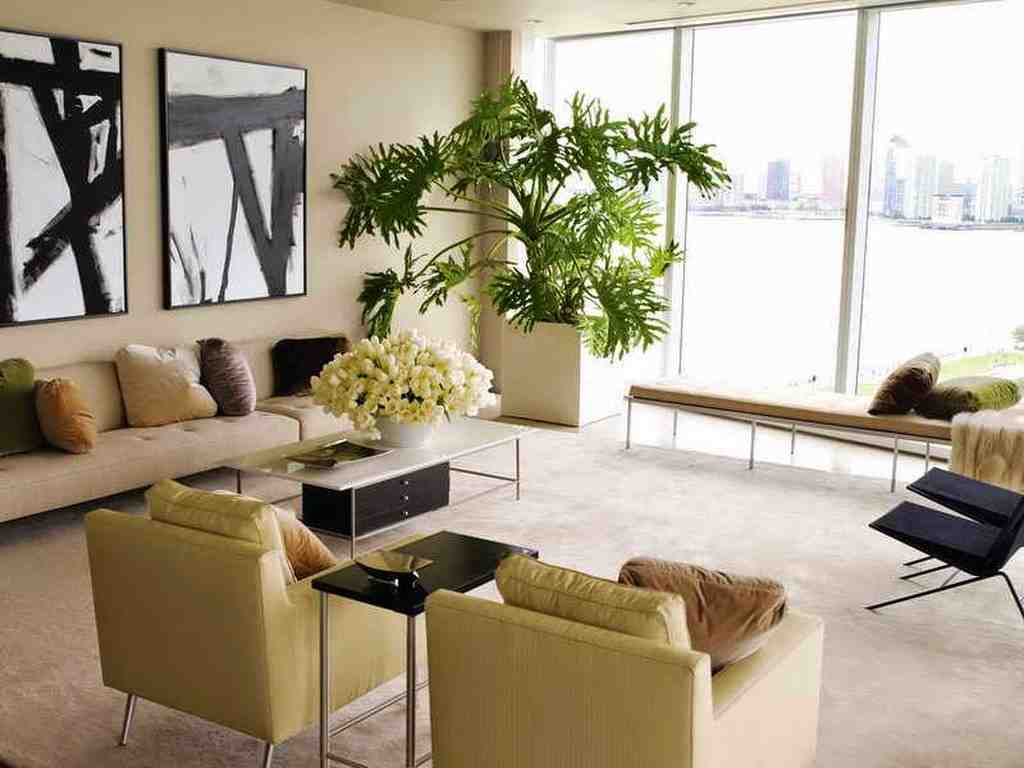 The placement of furniture plays a crucial role in Feng Shui. When arranging your living room furniture, aim for a balance of yin and yang energy. Yin energy is represented by soft, curved lines, while yang energy is symbolized by sharp, angular shapes. To create a harmonious atmosphere, mix both types of furniture and arrange them in a way that allows for easy movement and conversation. Avoid placing furniture in a way that blocks the flow of energy, such as in front of doors or windows.
The placement of furniture plays a crucial role in Feng Shui. When arranging your living room furniture, aim for a balance of yin and yang energy. Yin energy is represented by soft, curved lines, while yang energy is symbolized by sharp, angular shapes. To create a harmonious atmosphere, mix both types of furniture and arrange them in a way that allows for easy movement and conversation. Avoid placing furniture in a way that blocks the flow of energy, such as in front of doors or windows.
Using Natural Elements
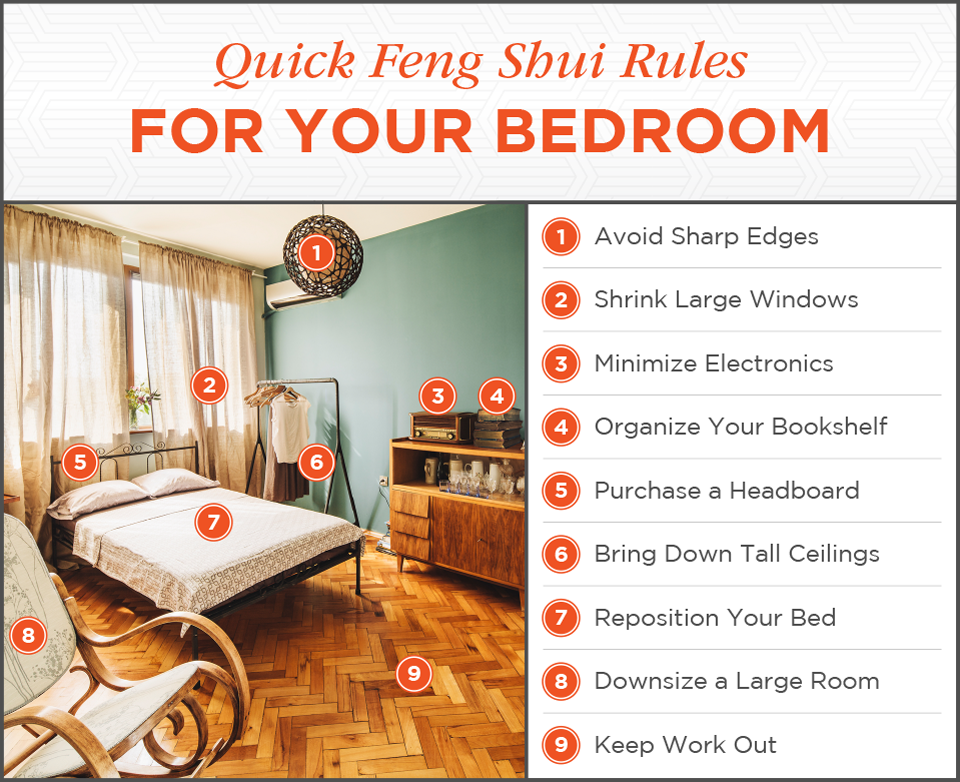 Incorporating natural elements into your living room is another essential aspect of Feng Shui. This can include plants, natural materials like wood and stone, and even natural light. These elements help to bring balance and harmony to the space and can also improve air quality and reduce stress levels. When choosing plants, opt for ones with rounded leaves and avoid sharp or spiky plants, as they can create negative energy. Additionally, try to let in as much natural light as possible, as this promotes positive energy flow and enhances the overall atmosphere of the room.
Incorporating natural elements into your living room is another essential aspect of Feng Shui. This can include plants, natural materials like wood and stone, and even natural light. These elements help to bring balance and harmony to the space and can also improve air quality and reduce stress levels. When choosing plants, opt for ones with rounded leaves and avoid sharp or spiky plants, as they can create negative energy. Additionally, try to let in as much natural light as possible, as this promotes positive energy flow and enhances the overall atmosphere of the room.
Choosing Colors Wisely
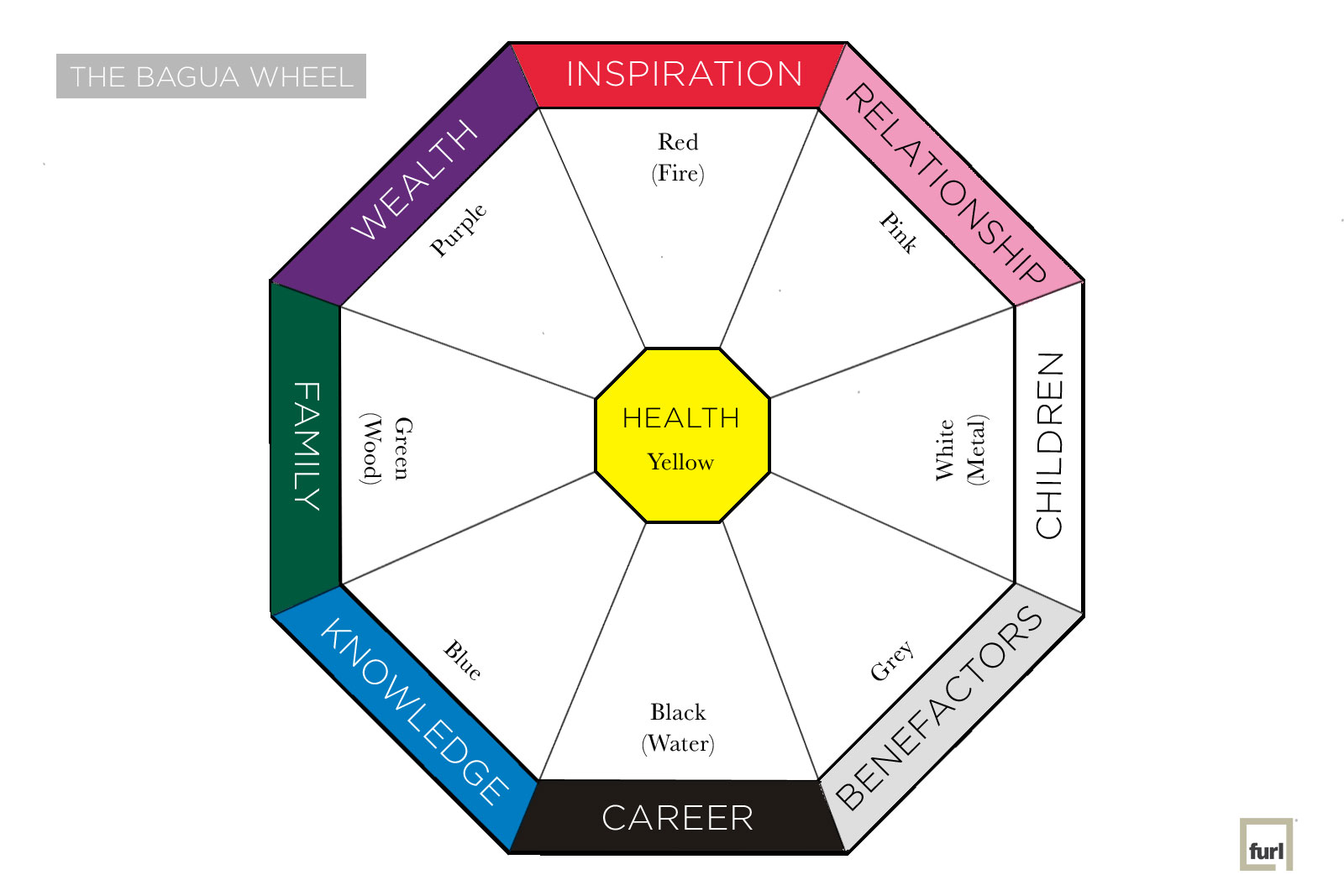 Colors have a significant impact on our emotions and can greatly influence the energy in a room. When it comes to Feng Shui, it is essential to choose colors that promote balance and harmony. Soft, muted colors like pastels and earth tones are recommended, as they create a calming and relaxing atmosphere. Avoid using bright, bold colors, as they can be too stimulating and disrupt the flow of energy.
In conclusion, incorporating the rules of Feng Shui into your living room design can bring about positive changes in your home and life. By decluttering, arranging furniture mindfully, incorporating natural elements, and choosing soothing colors, you can create a space that is both inviting and energizing. So, why not give it a try and see the positive impact it has on your living room and overall well-being?
Colors have a significant impact on our emotions and can greatly influence the energy in a room. When it comes to Feng Shui, it is essential to choose colors that promote balance and harmony. Soft, muted colors like pastels and earth tones are recommended, as they create a calming and relaxing atmosphere. Avoid using bright, bold colors, as they can be too stimulating and disrupt the flow of energy.
In conclusion, incorporating the rules of Feng Shui into your living room design can bring about positive changes in your home and life. By decluttering, arranging furniture mindfully, incorporating natural elements, and choosing soothing colors, you can create a space that is both inviting and energizing. So, why not give it a try and see the positive impact it has on your living room and overall well-being?




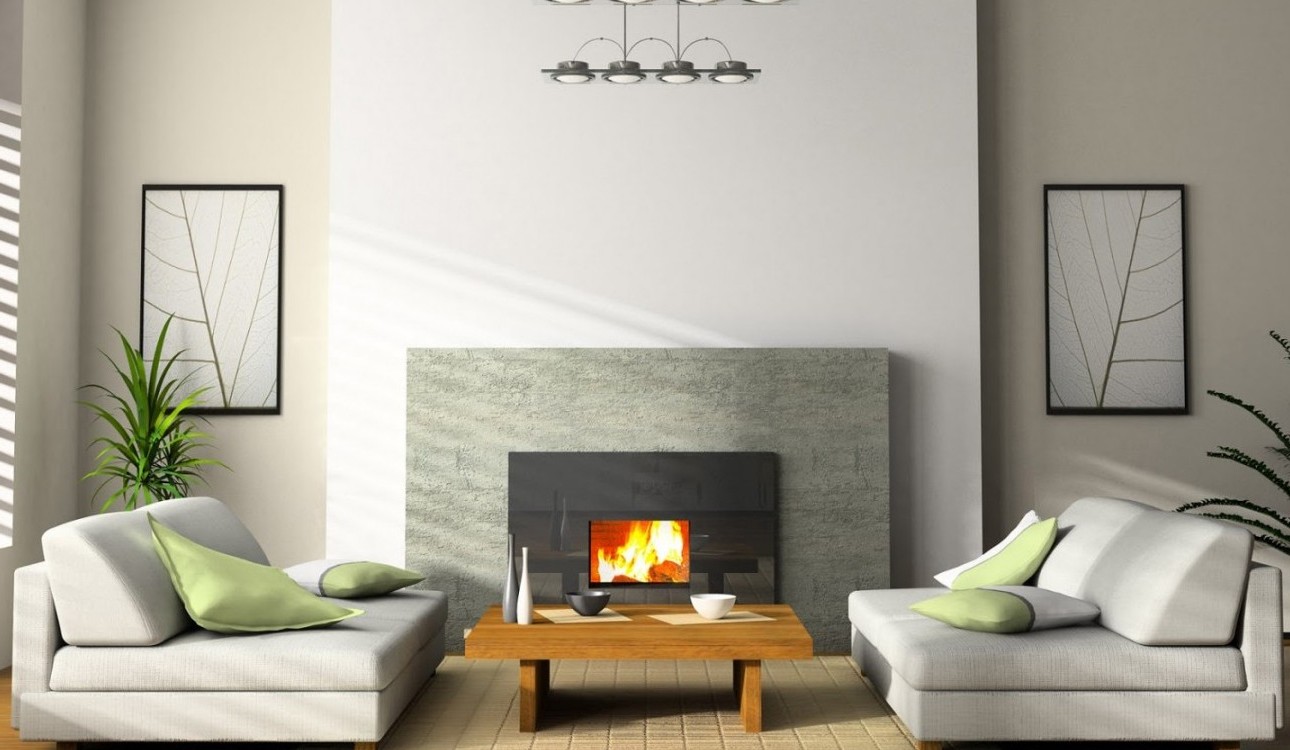
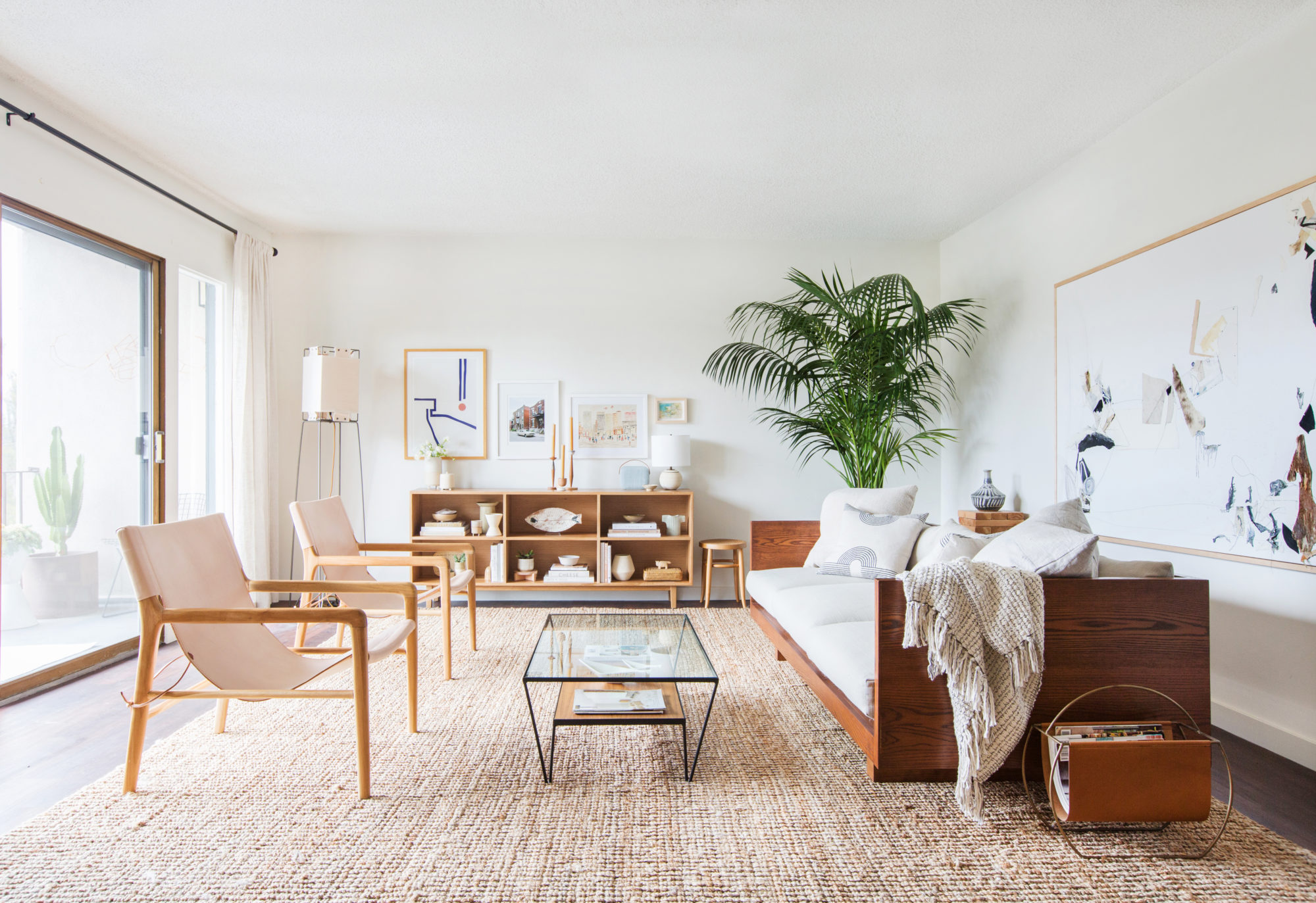
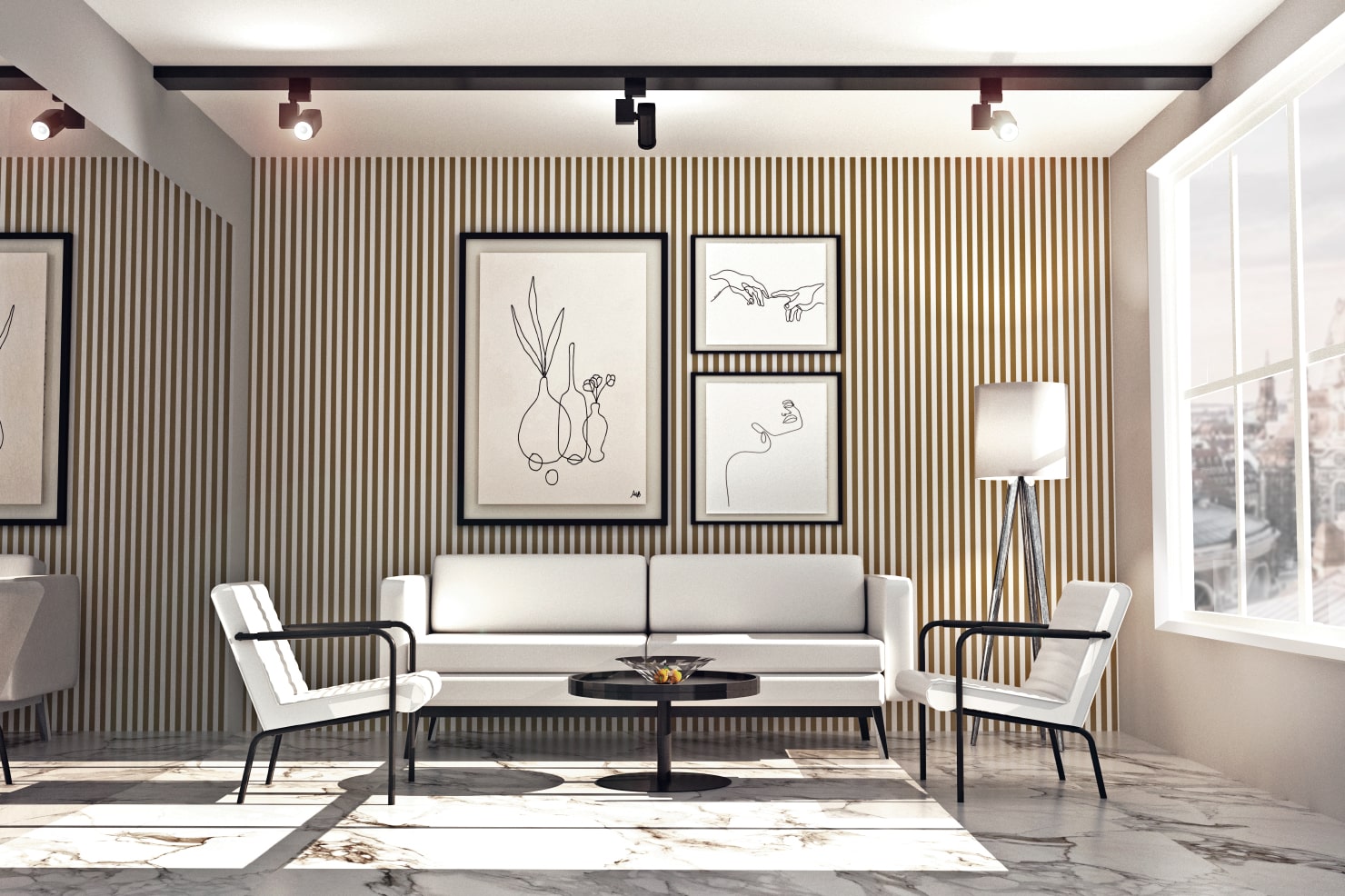




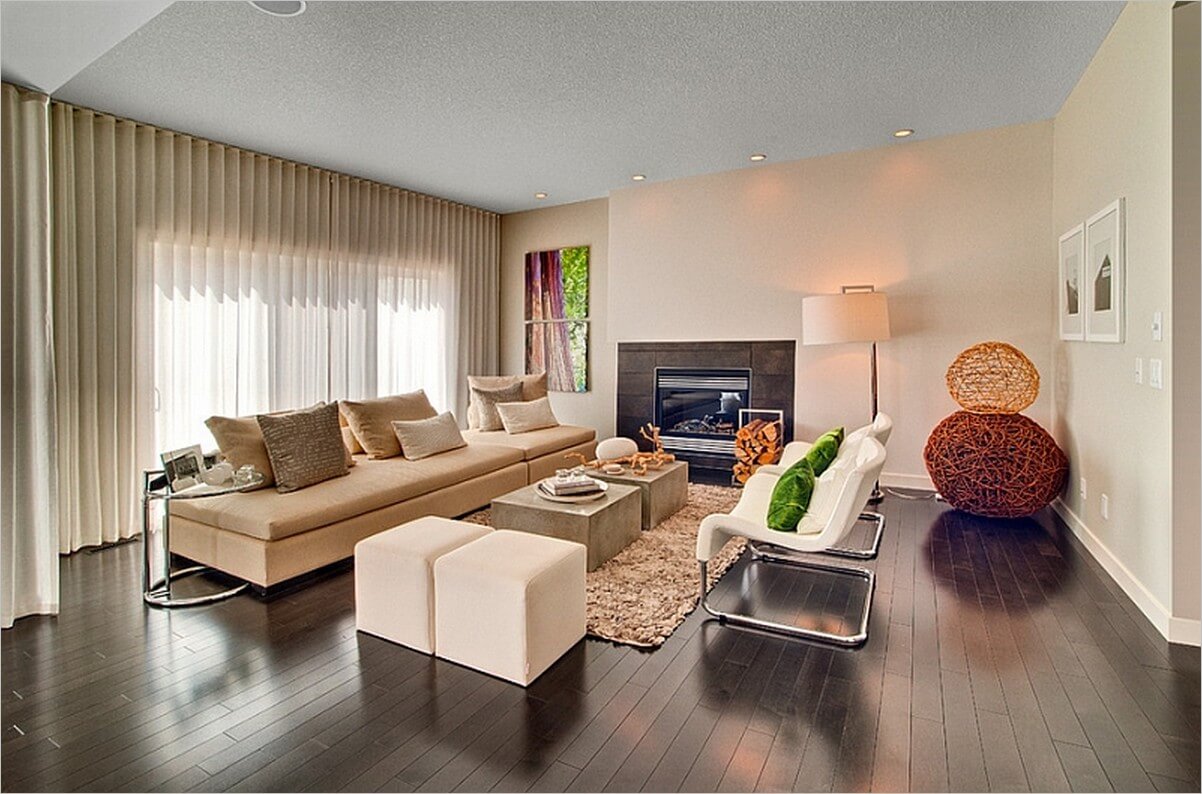
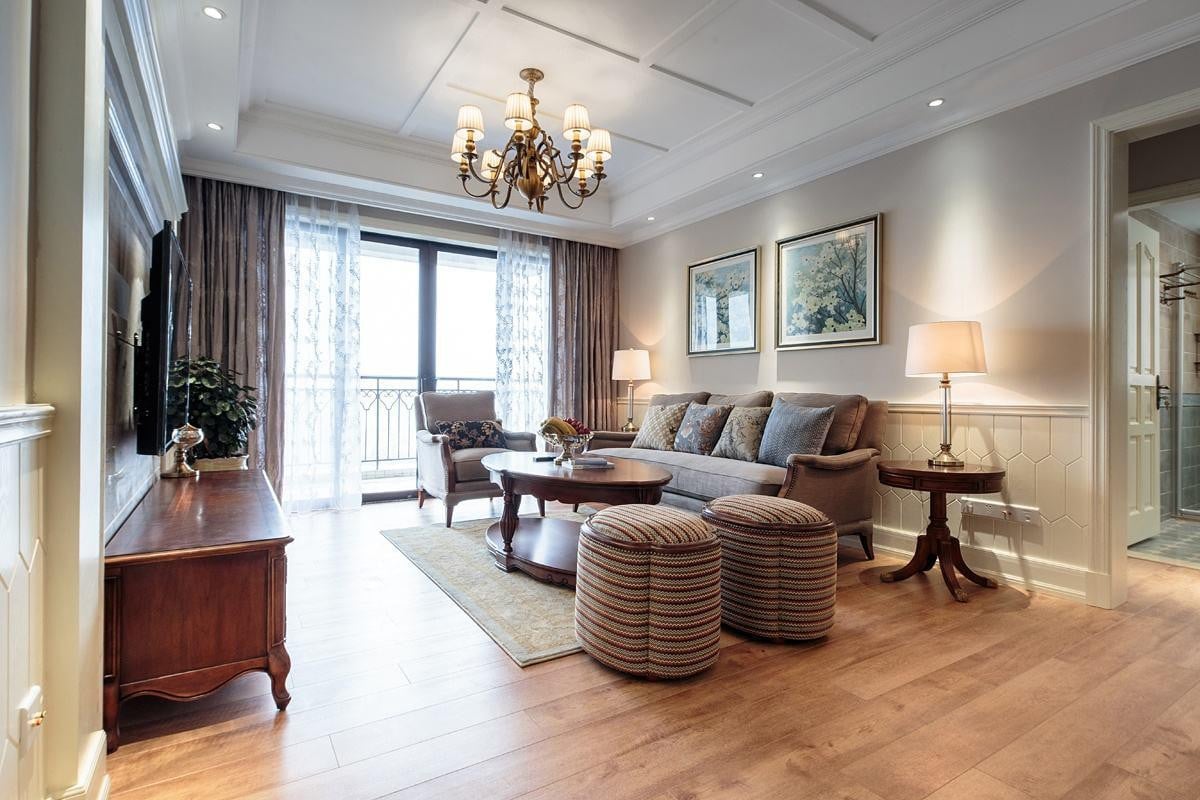

/GettyImages-1030845464-d9bf0a6179ff4601971a1ab963607969.jpg)
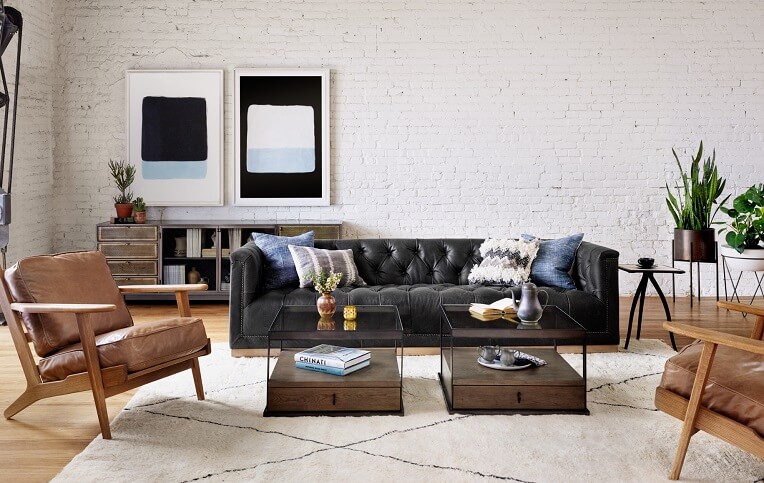
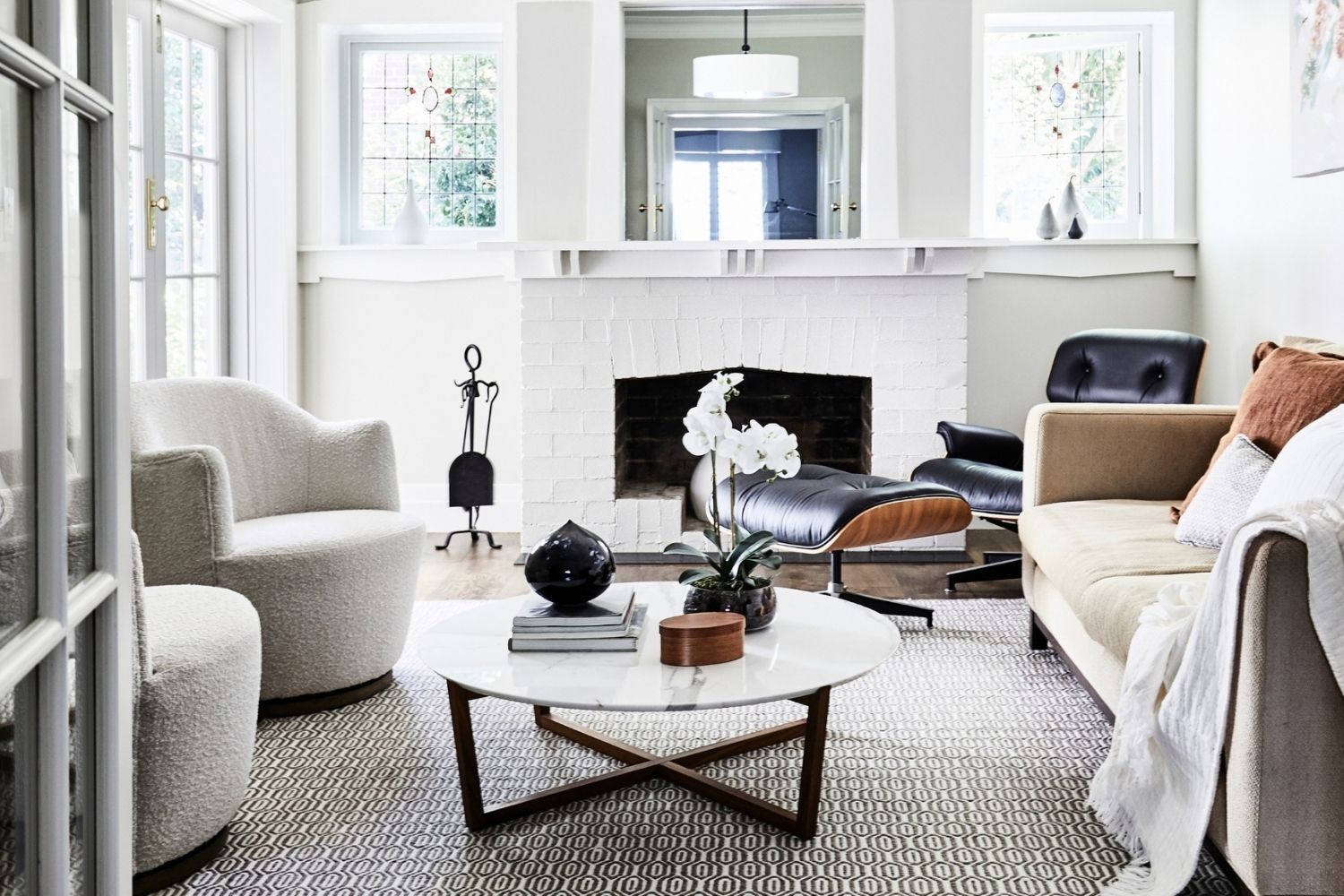
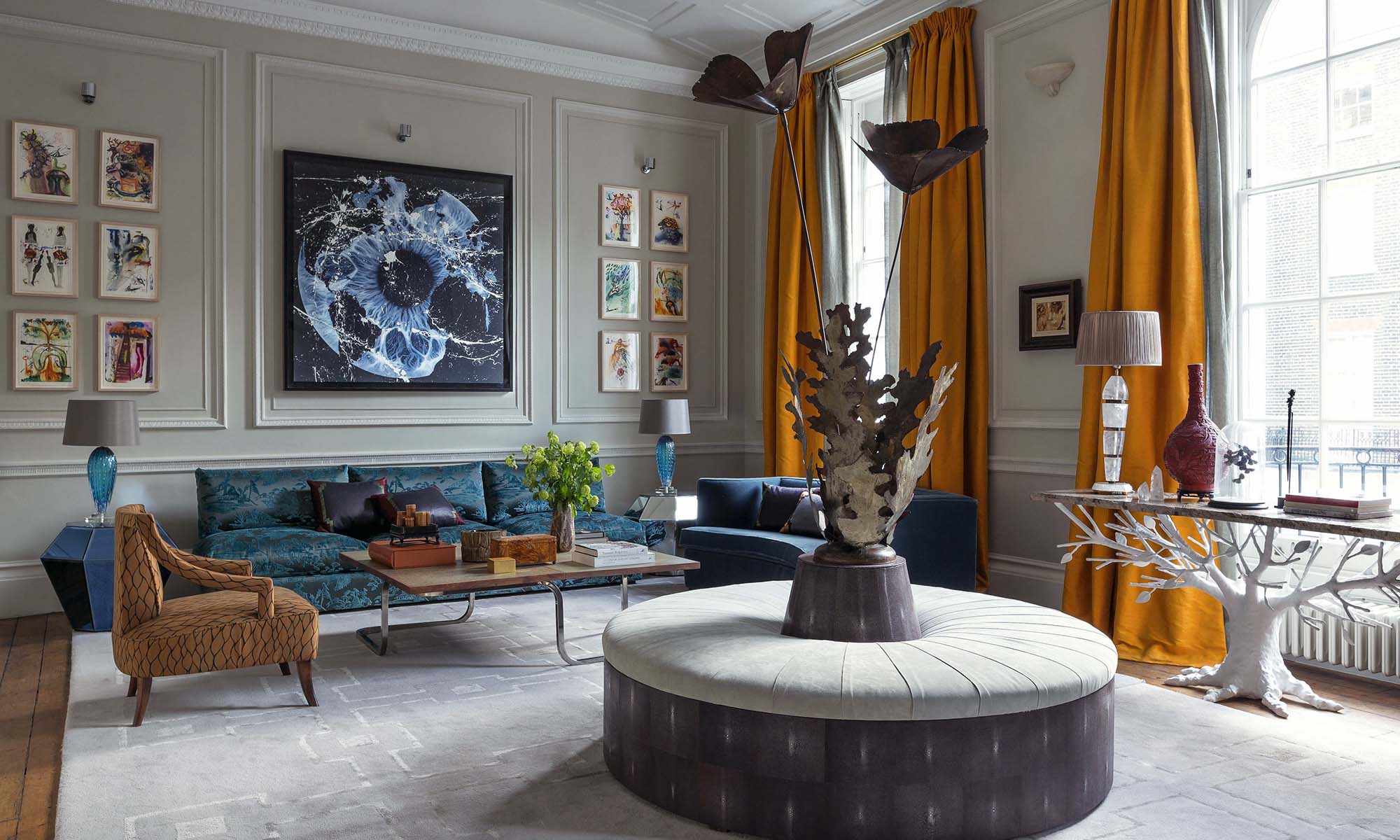



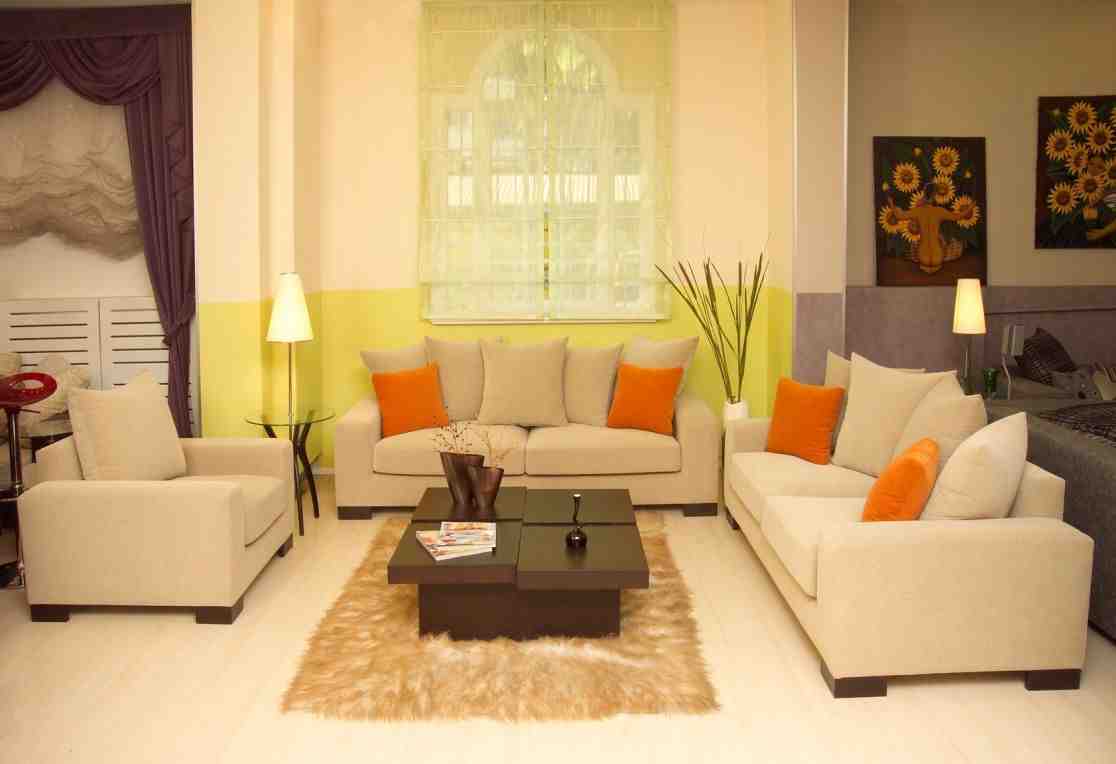
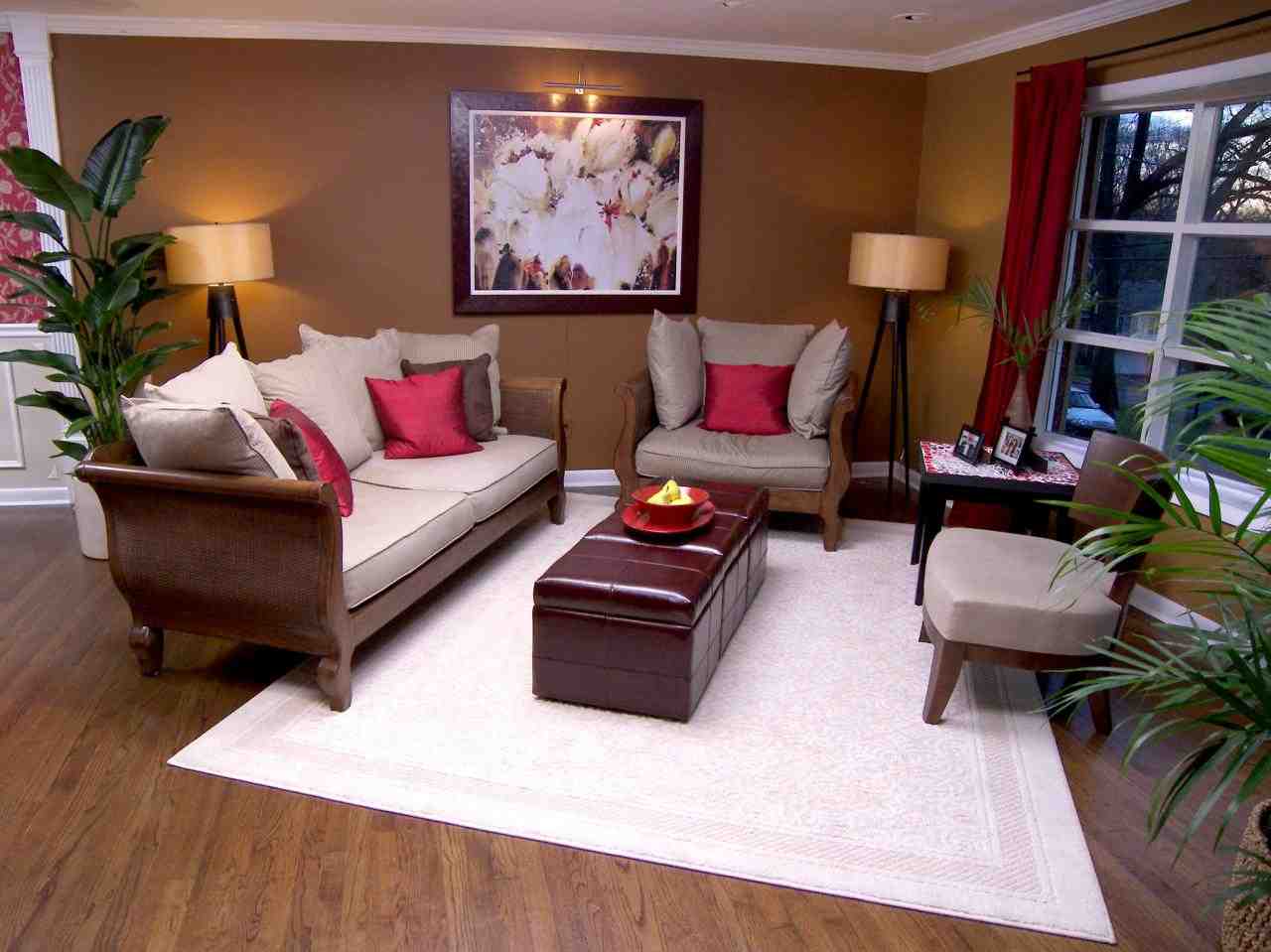
:max_bytes(150000):strip_icc()/GettyImages-1156011692-dd3354f984884054adec618e43903f8a.jpg)



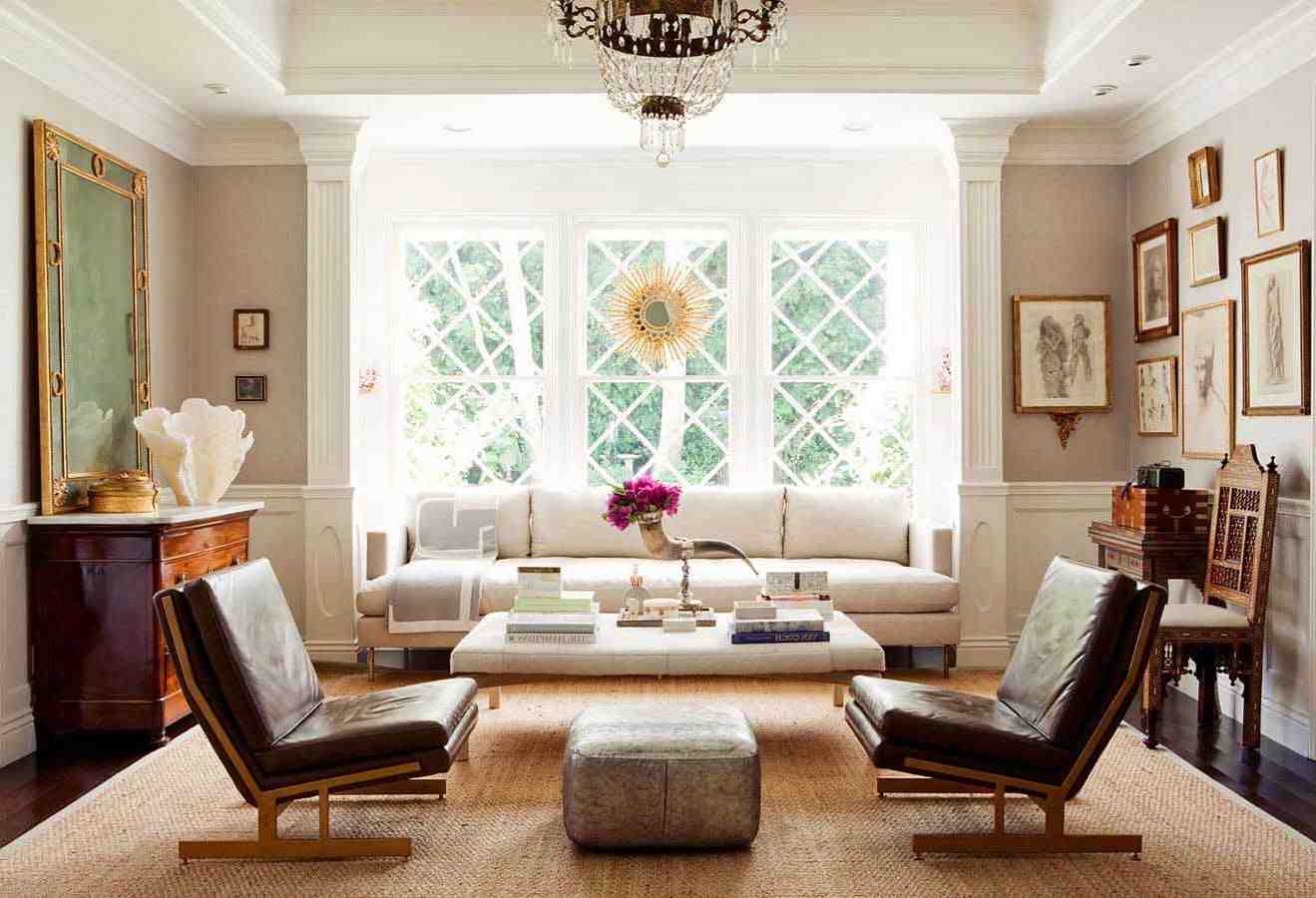
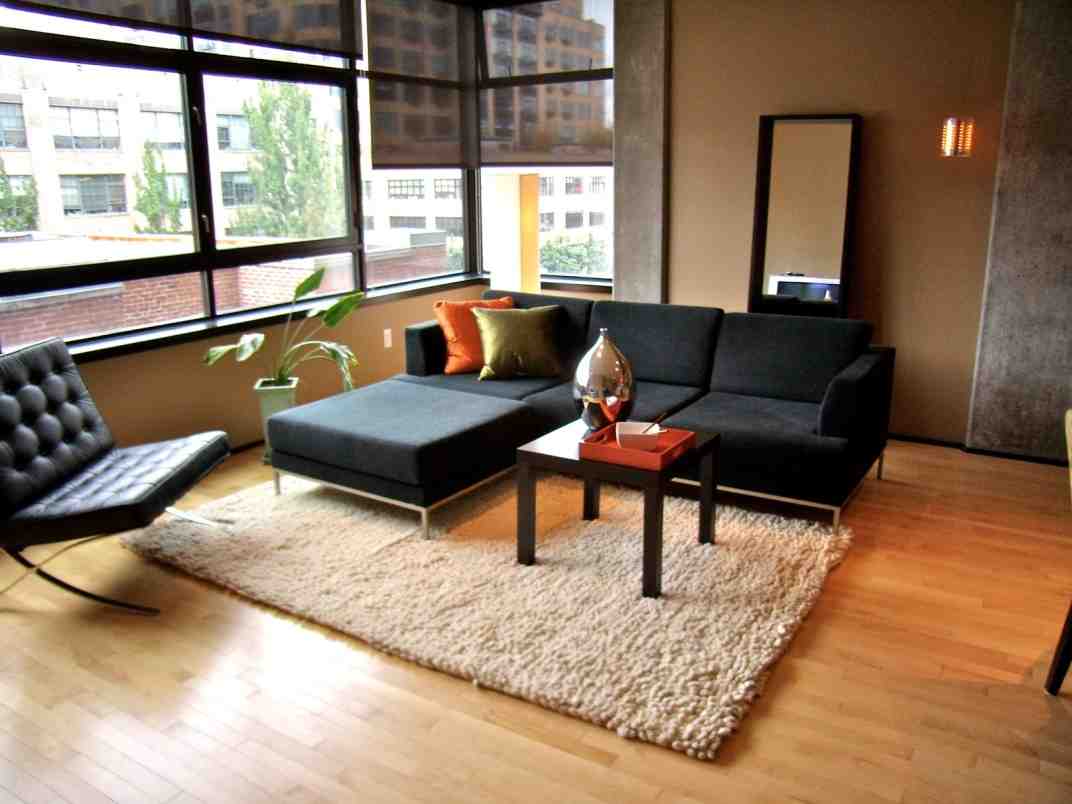


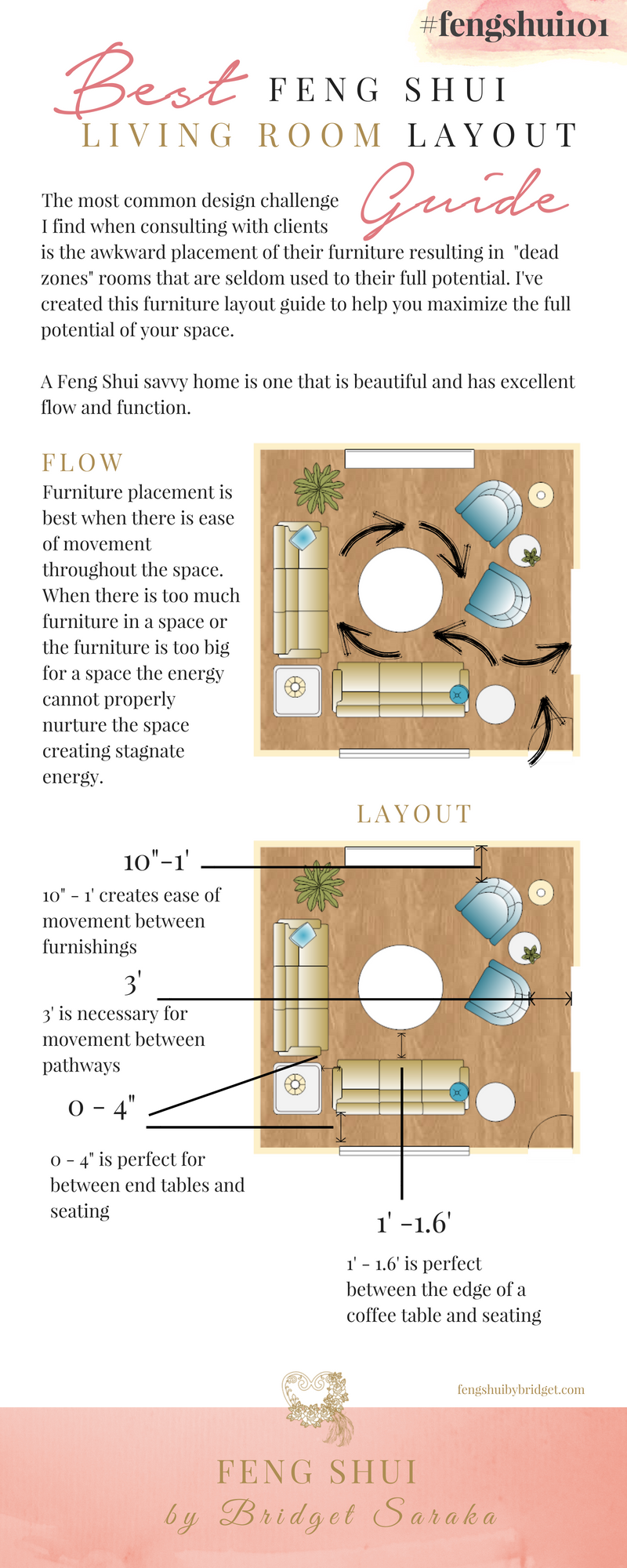



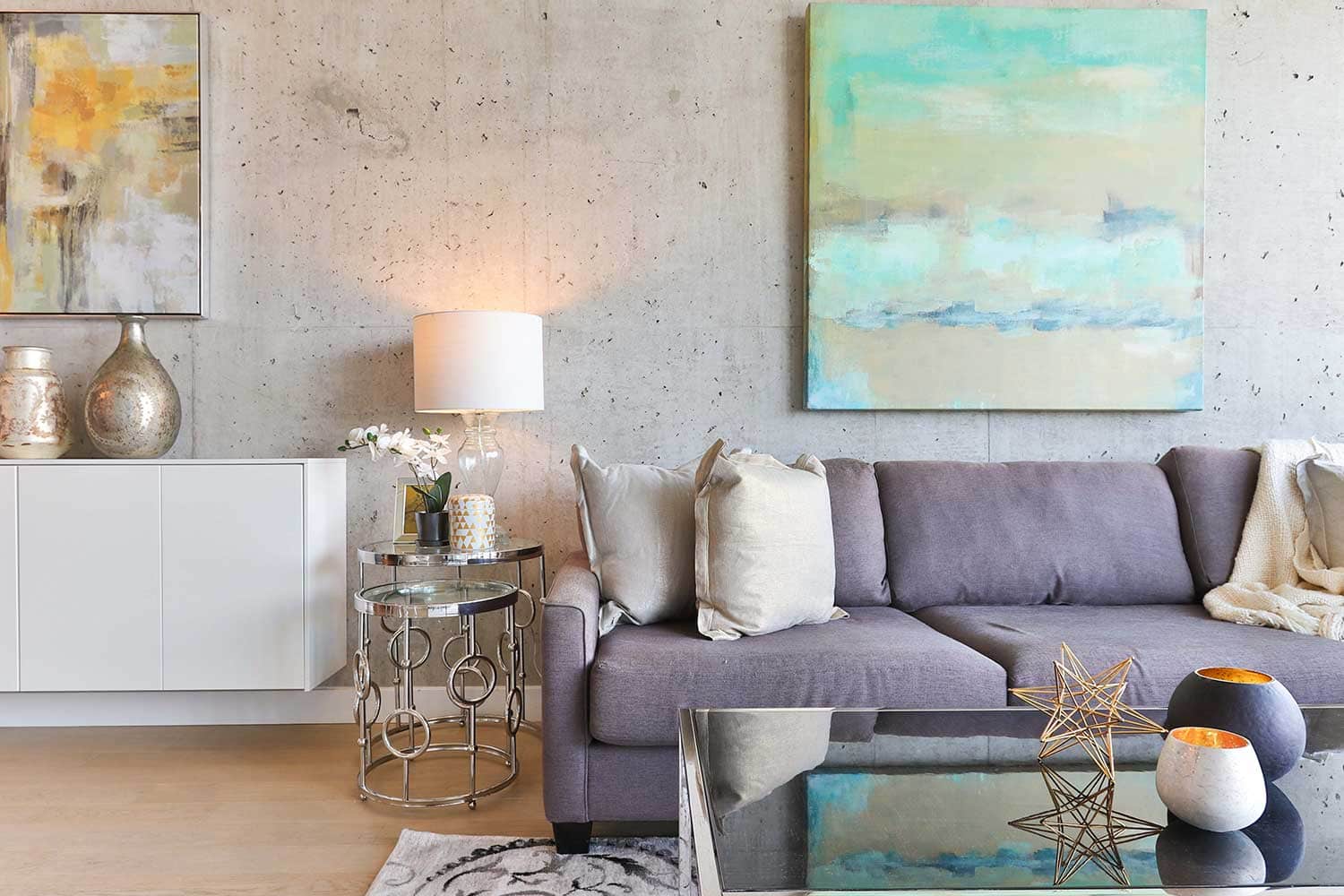
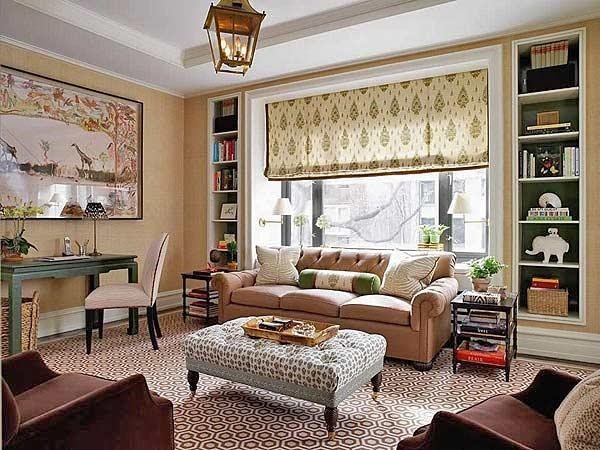

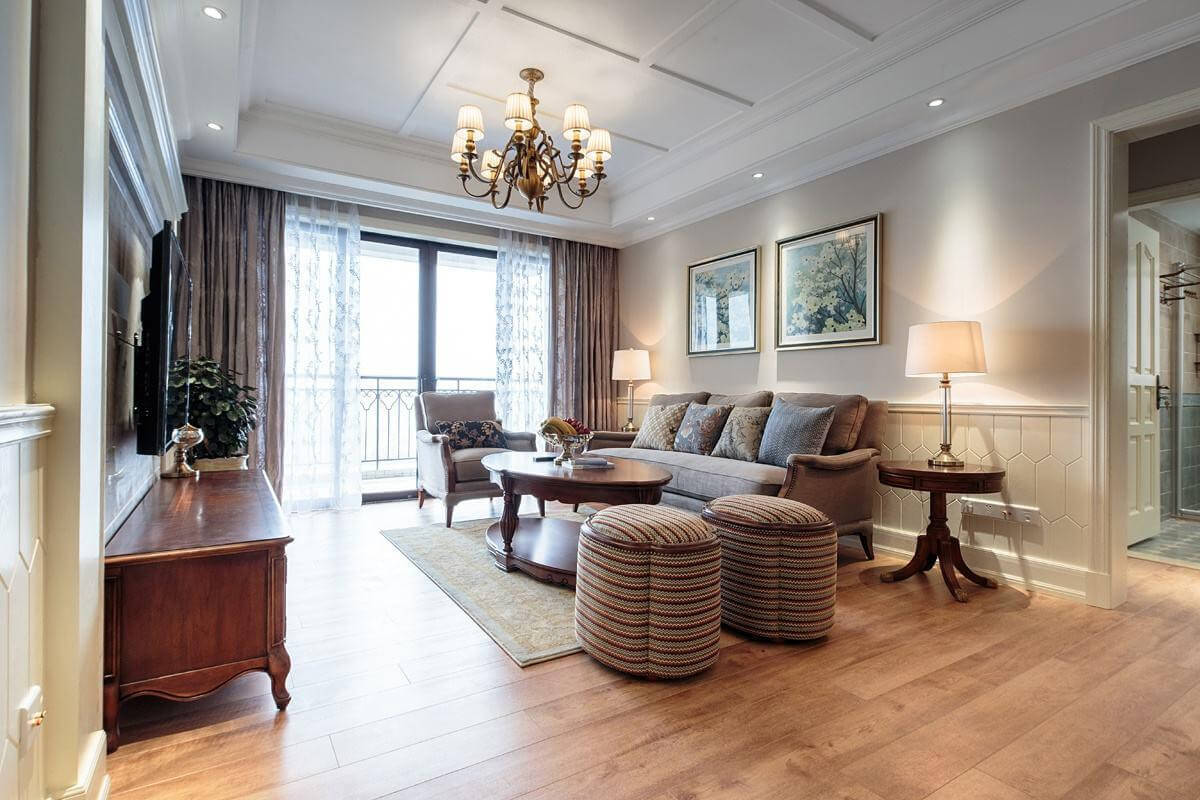

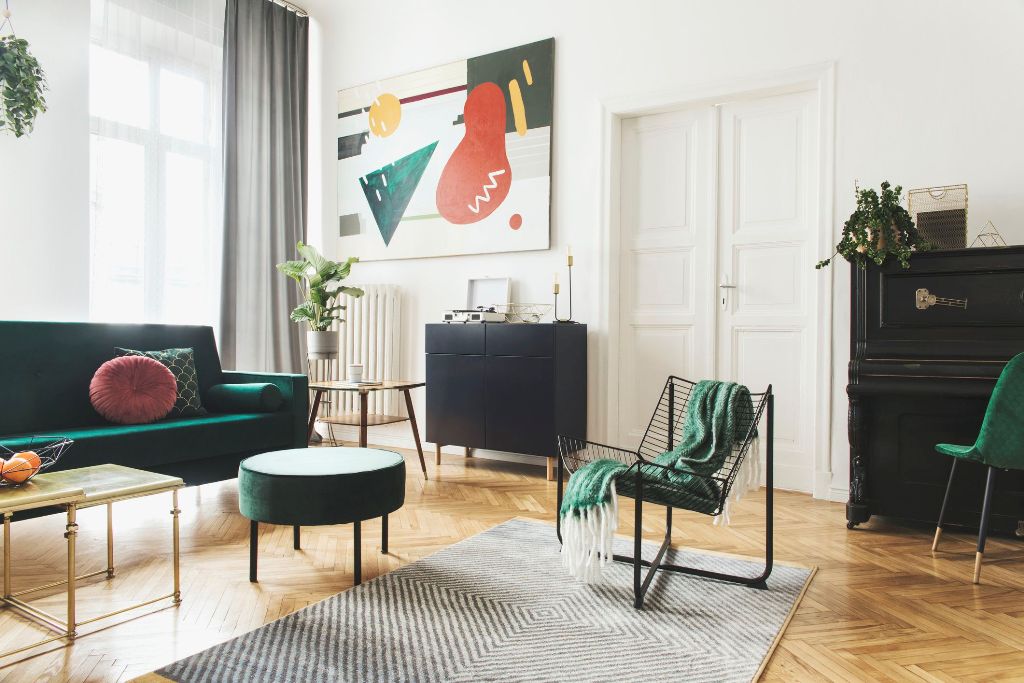
:max_bytes(150000):strip_icc()/GettyImages-642242204-9bc00f4474f040908f0286b3f2764f95.jpg)
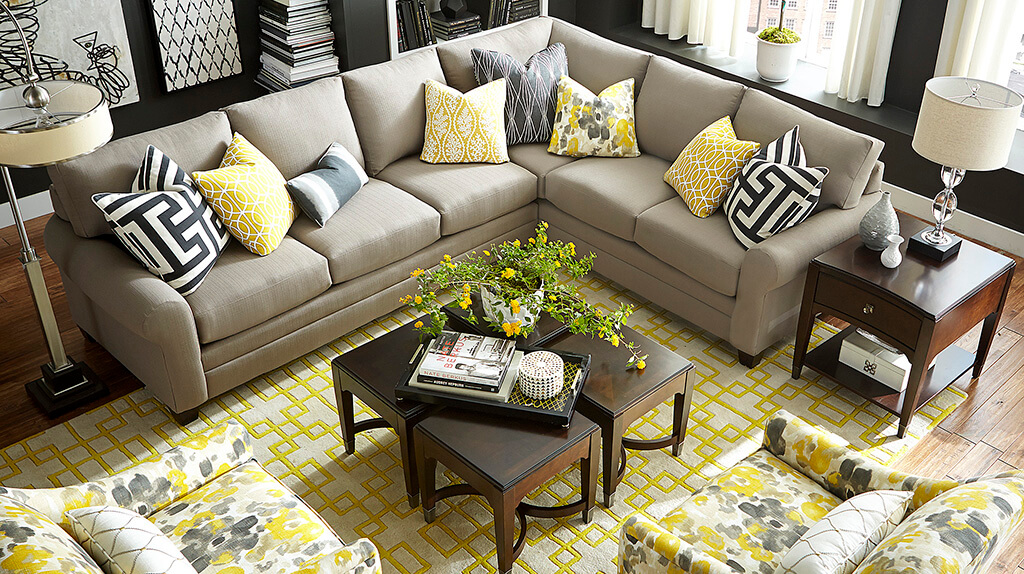
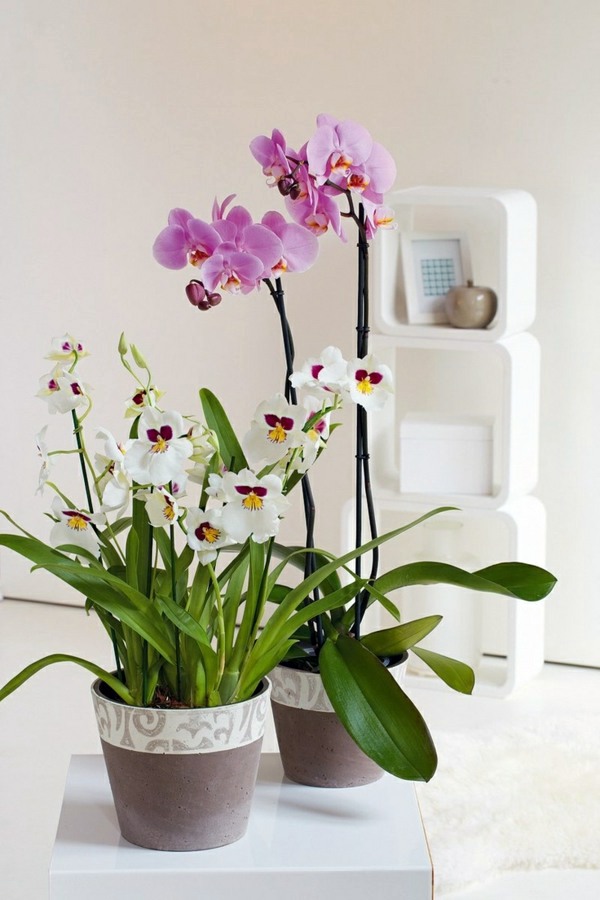
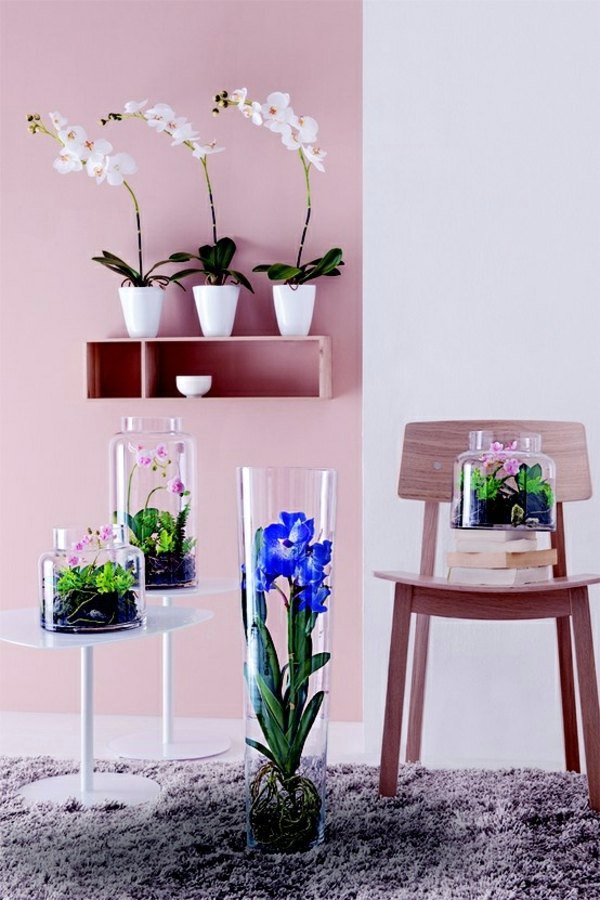
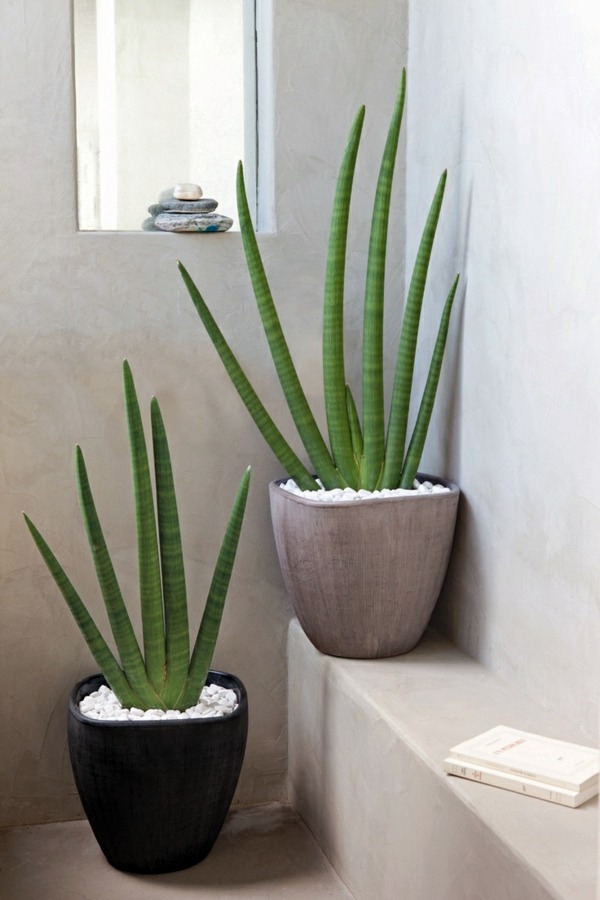


/GettyImages-1093510322-bdcf13ae33e74480934cf9b0e6658e3a.jpg)


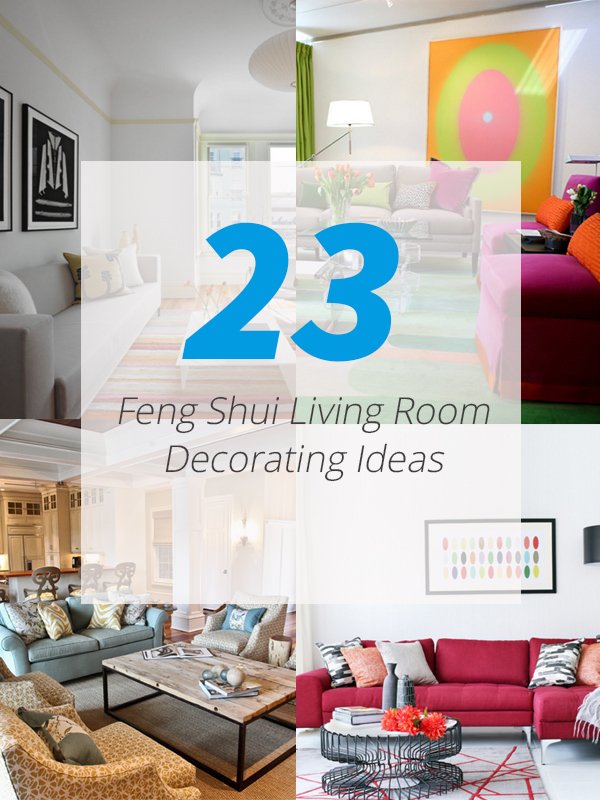


/Living-room-mirror-GettyImages-530358968-58b8be143df78c353c14eae5.jpg)




